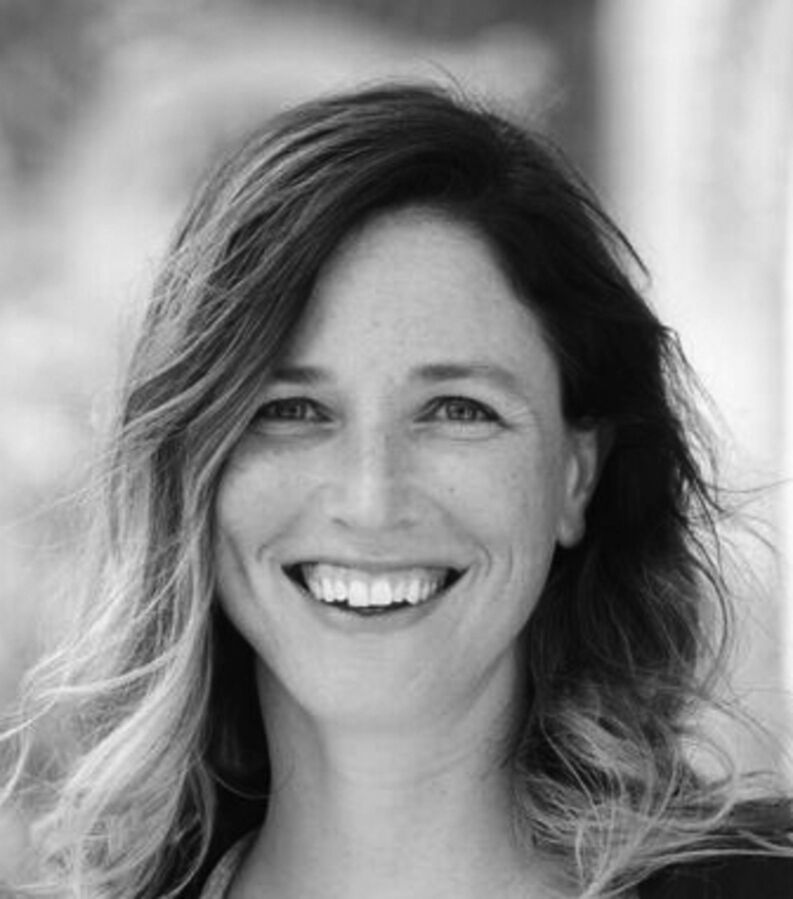Only by learning to live in harmony with your contradictions can you keep it all afloat.
Audre Lorde
Family medicine in Canada is having a moment. Voting results at the CFPC’s Annual Meeting of Members in November 2023 and the subsequent decision by the College to cease the implementation of a third year of family medicine residency training have generated feelings ranging from relief to frustration. Personally, I could not help but breathe a sigh of relief when the College announced it was halting this extension of residency. For me, as someone working in an under-resourced part of the country, the mere thought of a change that could risk worsening the current primary care crisis was unsettling. (To be clear, I am not writing this on behalf of the College; Canadian Family Physician [CFP] is the College’s official journal, and we have similar acronyms [CFP vs CFPC], but our journal is editorially independent.)
Despite feeling a sense of relief in the immediate term, I also, perhaps in contradiction to myself, appreciate the benefits that a third year of training could offer, especially when it comes to complexity. A 2015 American study found that family medicine is among the most, if not the most, complex of medical disciplines.1 We perform preventive care, must stay informed of the latest guidelines, and care for patients with chronic disease (and this issue of CFP has articles that will help us do just that on pages 16 and 30 ).2,3 On top of this, we care for patients in the context of their personal and social circumstances and as part of various systems. This is no simple task.
Complexity theory was historically reserved for fields such as ecology and for organizations, but it was applied to our discipline in a 2005 paper published in the British Journal of General Practice.4 Dr Andrew Innes and colleagues stated that complexity theory describes large, adaptive systems with multiple moving parts, similar to the office consultation. This perspective is, according to the author, a departure from a more Newtonian, linear view of medicine as the gathering of data, application of an intervention, and achievement of a particular result.
To illustrate this, consider a case where you prescribe a new angiotensin-converting enzyme inhibitor to your patient. In doing so, you assess your patient’s allergies, potassium level, renal function, and fall risk. Your choice of drug depends on many factors, including affordability and effectiveness. You send the prescription to the pharmacy and your administrative staff books a follow-up appointment. You document all of this in the patient’s chart, even though it is the end of the day and you’re feeling exhausted.
This example represents a moment in time, but individuals and systems exist in states of perpetual change. Perhaps you read a new study about a more effective medication or the patient stops taking the drug owing to a side effect. Innes et al argue that in viewing the work of general practice through the lens of complexity theory, we are better able to understand the unpredictable environment in which we work, and this recognition may help us practise more safely and creatively.4
In their 2021 commentary, Dr Nicole Woods et al discuss adaptive expertise, arguing that it is an essential skill for the expert generalist. According to their commentary, generalists must balance the “routine and the nonroutine, providing exceptional care for the simple and the complex … remaining capable in the face of uncertainty and ambiguity.”5
Could a 3-year training program in Canada help family medicine residents better develop adaptive expertise? Perhaps, but timing is everything, and it has been decided that now is not the time. Nonetheless, we are tasked with coping with the complexities of our day-to-day work and ensuring that new graduates can do the same. Although I do not claim to have the solutions, we offer CFP as a forum for diving into these murky waters, as we have been attempting to do in recent months.6,7 Our hope is to foster a space for both excellence in scholarship and open and respectful dialogue, so that we may learn not only from the literature, but also from each other.
Footnotes
The opinions expressed in editorials are those of the authors. Publication does not imply endorsement by the College of Family Physicians of Canada.
Cet article se trouve aussi en français à la page 8 .
References
- 1.Katerndahl D, Wood R, Jaén CR.. Complexity of ambulatory care across disciplines. Healthc (Amst) 2015;3(2):89-96. Epub 2015 Feb 27. [DOI] [PubMed] [Google Scholar]
- 2.Elzinga K, Hemmati S, Ponich B, Genereux O, Rankin B, Lafreniere AS.. Approach to chronic wrist pain in adults. Review of common pathologies for general practitioners. Can Fam Physician 2024;70:16-24 (Eng), e1-9 (Fr). [DOI] [PMC free article] [PubMed] [Google Scholar]
- 3.Hawker K, Akter R, Molnar F, Frank C.. Management of type 2 diabetes in patients with frailty. Can Fam Physician 2024;70:30-2 (Eng), e10-3 (Fr). [DOI] [PMC free article] [PubMed] [Google Scholar]
- 4.Innes AD, Campion PD, Griffiths FE.. Complex consultations and the ‘edge of chaos.’ Br J Gen Pract 2005;55(510):47-52. [PMC free article] [PubMed] [Google Scholar]
- 5.Woods NN, Mylopoulos M, Nutik M, Freeman R.. Defining the specialist generalist. The imperative for adaptive expertise in family medicine. Can Fam Physician 2021;67:321-2 (Eng), 326-8 (Fr). [DOI] [PMC free article] [PubMed] [Google Scholar]
- 6.Lavergne MR, Moravac C, Scott I, McCracken RK, Hedden L, Grudniewicz A, et al. . Ending the generational blame game. Let us move forward with needed primary care change. Can Fam Physician 2023;69:524-6 (Eng), 528-30 (Fr). [DOI] [PMC free article] [PubMed] [Google Scholar]
- 7.Slade S, Loh LC, Fowler N.. Response to Lavergne et al [Letters]. Can Fam Physician 2023;69:522-3. [DOI] [PMC free article] [PubMed] [Google Scholar]



